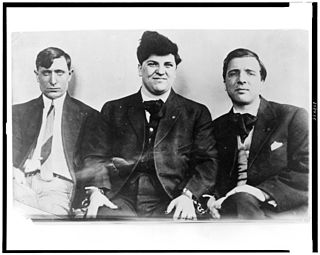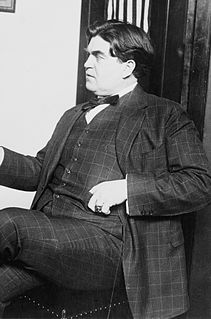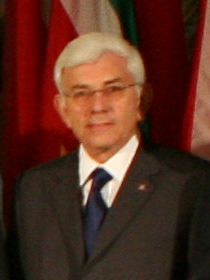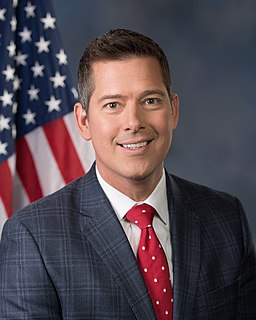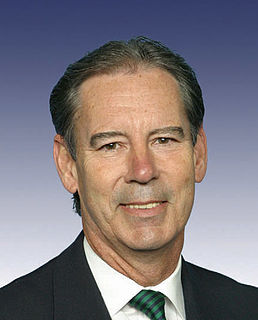Top 1200 Government Workers Quotes & Sayings - Page 3
Explore popular Government Workers quotes.
Last updated on April 19, 2025.
Founded in rebellion against colonial tyranny, our country is naturally suspicious of government intrusion, interference, and snooping. European systems, by comparison, grow out of a tradition of the state providing social benefits for workers that stretches back to Bismarck and Germany in the 1880s.
Government has only one religion - India first! Government has one holy book - the Constitution. The Government must be immersed in only one Bhakti- Bharat Bhakti! The Government's only strength is Jan Shakti! Government's only ritual is the well being of the 125 crore Indians! The only code of conduct of the Government should be 'Sabka Saath, Sabka Vikas!
To the extent that our workers compete with low-paid Mexicans, it is as much through undocumented immigration as trade. This pattern threatens low-paid, low-skill U.S. workers. The combination of domestic reforms and NAFTA-related growth in Mexico will keep more Mexicans at home. It is likely that a reduction in immigration will increase the real wages of low-skilled urban and rural workers in the United States.
Because of outdated regulations, workers in different types of contract often have unequal access to healthcare, pensions, education, and training, as well as other social benefits. This has to change for countries to remain competitive and for our businesses and workers to survive in the digital age.
The workers who harvest our food have been systematically denied the basic rights that are granted to all other American workers. They can be fired for trying to form a union or for attempting to improve their working conditions. They are not eligible for overtime pay, disability, or even unemployment insurance.
You cannot choose between party government and Parliamentary government. I say, you can have no Parliamentary government if you have no party government; and, therefore, when gentlemen denounce party government, they strike at the scheme of government which, in my opinion, has made this country great, and which I hope will keep it great.
...those who sit at their work and are therefore called 'chair workers,' such as cobblers and tailors, suffer from their own particular diseases ... [T]hese workers ... suffer from general ill-health and an excessive accumulation of unwholesome humors caused by their sedentary life ... so to some extent counteract the harm done by many days of sedentary life. On the association between chronic inactivity and poor health. Ramazzini urged that workers should at least exercise on holidays

